|
I had the chance to meet up with Brian Glibkowski, PhD to discuss how sales is a two way street. Well any conversation should be a two way street.
Make sure to check out the Framework and book about Answer Intelligence (AQ). Linkedin: https://www.linkedin.com/in/glibkowski/ Website: https://www.raiseyouraq.com Free Explore AQ test + 10 Page PDF Report: https://www.raiseyouraq.com/explore.html
0 Comments
"Lead with answers that create questions in your buyer", says Dr Brian Glibkowski, creator of Answer Intelligence (AQ)™. We are often taught that "our credibility comes from the questions we ask, not the information that we give" and to a point that is true. Ask great, thought provoking, insightful questions and you clearly demonstrate your competence and credibility. But do we really pay anywhere near enough attention on the answers you give?
In the same way that you are unlikely to ever hear an original objection or be asked an original question, ALL of these communication moments can be planned, prepared and rehearsed until they are a natural part of every salesperson's and manager's repertoire. individuals overemphasize on questions and minimize importance of answers. Brian continues, "Sellers have no typology of answers. We have the 6WH typology for questions but we don't pay critical attention and focus on becoming better at providing answers. There is often a mismatch between their questions and our answers resulting in disconnected conversation, a lack of listening and the quality of answers is shallow." You can't sell shallow and sell deep at the same time. The lack of intentionality is projected out from sellers to buyers, who reflect back the high self-orientation of sellers who too often aren't present because they are listening for a gap to speak or ask their next manipulative, self-serving question. Some really juicy material in this episode. Dr. Brian Glibkowski is an author, researcher, and futurist passionate about the role of questions and answers in business and society. During his research on questions, one simple observation stopped him in his tracks. We know a lot about questions. We know very little about answers. Brian’s work has been widely recognized with an article that has been noted as one of the ten articles that will shape the 21st century. His new book, Answer Intelligence: Raise Your AQ also outlines his groundbreaking work. In this episode you'll learn:
I recently spoke with a sales leader who lamented the fact that her team did not have effective conversations with prospects and clients. I suggested three factors from Answer Intelligence (AQ)™ to have more influential sales conversations #1 Sales is a ConversationQuestion-based sales methods are so prevalent, that we have lost the forest from the trees. Machette in hand, generations of sales reps have been trained in question-based sales approaches (deep in the trees), which translates into an ethos of asking more and more questions of the prospect. However, what has been lost is the big picture (the forest). Gong’s data elucidates the big picture perspective by pointing out that as the seller asks more questions, the win-rate goes down (not up)! This paradox is resolved easily when you view sales as a conversation (question and answer exchange) between a seller and buyer. From this vantage point, each side asks and answers questions. As question-rate goes up, at the extreme a conversation is transformed into an interrogation of questions. Separate Gong data has also found that when sellers and buyers talk equally win rates increase. Upon reflection, sales as a conversation is obvious. Imagine a thought experiment… When you go to dinner with a friend, or a have a meeting with colleagues… you will notice that these conversations are effective when everyone asks and answers questions, and when speaking is also balanced. The same is true for sales conversations. If sales conversations are going to be balanced (questions + ANSWERS), sales reps need to apply critical attention to answering more effectively. In sum, the first step toward better conversations is for sales reps to increase their awareness that both questions and answers are important. AQ focuses upon a new science of answers to increase sales influence during conversations. To increase your AQ awareness, take the FREE Explore Sales AQ test. #2 Use the 5 High AQ PracticesOnce awareness is increased (step 1), the next step is to use the 5 High AQ Practices. Based upon research with expert communicators, High AQ Practices are answering techniques that sales professionals can use to increase their influence with others. For example, High AQ Practice 2 is to answer important why-, what-, and how-questions twice to appeal to the logical side of the brain and also the creative side of the brain. For example, if a prospect asks, “Why should I use your product?”, this why-question can be answered with a story combined with a theory (which is business strategy). Your product might be an employee engagement platform, and your theory could be that “employee engagement causes employee retention.” By discussing the story, you make the emotional connection. Followed by theory, you can make explicit the logic of your story so it is not missed. #3 Be a Student of AnswersThe original AQ research was based upon studying the top golf instructors in the world as rated by Golf Digest and Golf Magazine. This was an expert study, those in the upper half of the 99th percentile of their profession. It was clear that they were students of answers. For example, one of the top golf instructors was particularly adept at metaphors. We asked him, “Do you always get the metaphor right?” He replied, “Yes, but if I don’t I have another metaphor ready.” His response, is very telling, experts don’t have “THE answer”, they have multiple answers for each of the six answer types (story, metaphor, theory, concept, procedure, action).
If you are student of answers, you have a portfolio of each of the answer types. As a sales professional, you need multiple stories to influence, or you can point out multiple key actions that distinguish that differentiate your service or products. It is one thing to know that a how-question is answered with a procedure or action (see point #2), but point #3 reminds us that the substantive answers matter, and that you must work to develop these answers. For example, one of the top golf instructors had a library of 3,500 books. This golf instructor wanted to learn as many answers as possible, so he could be more influential in his golf lessons. This instructor studied everything related to golf (such as the physics of golf) and related disciplines (like psychology), to far flung domains of life like Ancient Greece. He was well informed, he was interesting, he could provide any of the answers. In the sales context, think about answers that relate to your product or service, your client’s industry, a specific buyer role, or anything else relevant to being an interesting conversationalist. Being a student of answers means that you study the world around you to increase your influence. A leader’s role to gain influence from team members, clients, and other people with their words is challenging. Using powerful questions to foster more engagement is a skill set leaders are more actively using. However, providing the correct answers to the questions asked is most often overlooked. In today’s episode we interview Brian Glibkowski, PhD, Answer Intelligence (AQ)™ Creator, and author of the book, Answer Intelligence: Raise Your AQ. Today’s topic is focused on creating influence and effective communication among team members using the AQ Framework as they Team Anywhere. In this episode of Inside the Director's Circle, my guests and I bust some myths about effective communication. In the last episode, we focused on AQ (Answer Intelligence) the missing link, as we see it, of highly effective communication. Listen back to the last episode, those that missed it, as you might find it useful before you listen to this episode. Last time we tried to bust the first myth of "if you ask great questions and listen intently, then highly effective communication happens". It was all the notion that answers naturally occurred from asking great questions. However, as Dr Brian Glibkowski explained in the last episode, that isn't the case. Answers are as important to consider and prepare for as questions for an effective and balanced conversation. I was once again joined by two of our members from The Director's Circle community; Gemma Steadman, Business Unit Director at Hadley Group, and Jacqueline Watson, Director of Marketing and Business Development at Henderson Loggie. Gemma took on board a point I made about how as leaders there can be a perceived difference in what we consider our level of communication has been with our teams and what the reality is. What I said that resonated with Gemma was that: "I think as leaders, we've got everything running through our head all the time; our strategy, our plans, our challenges. And then, for example, once a quarter, we stand up and talk to our team and say, let me tell you where we're going. Let me tell you our vision. And then we go back and run it through our head for three months." What I always try to say to leaders is to think about over-communicating because the communication to yourself versus the outward communication is massively different. Jacqueline suggested that understanding your audience, whomever that might be; a single person, a large audience of people, or people to who you are marketing, is the most important thing to have meaningful and effective communication. Deeply understanding your audience allows your questions to be more targeted and your answers to be more relevant, enabling your conversation to resonate more.
Show Notes
Answer Intelligence (AQ), which some people have called the missing link in highly effective communication, is the subject of this week's episode. As you might have guessed, for the next two episodes we are delving into the subject of effective communication. My knowledge circle expert for this subject is Dr Brian Glibkowski, creator of AQ. Brian explains that AQ is the ability to provide elevated answers to explain and predict in a complex world, emotionally connect, and achieve results. Brian is joined by two of our Director's Circle community members; Gemma Steadman, Business Unit Director at Hadley Group, and Jacqueline Watson, Director of Marketing and Business Development at Henderson Loggie. Show Notes In this episode, Jerome and Julienne are talking with the creator of Answer Intelligence (AQ)™, Dr. Brian Glibkowski. When Dr. Glibkowski wanted to know what skills he could improve when he was a doctoral student, the answer was "communication." This set him on a path to discover how to help organizations and their employees improve the way they communicate by answering 6 questions: What, Who, Why, When, Where, How. Starting with golf professionals, he tested out a methodology that became the Answer Intelligence (AQ), which led to a book and now a framework that he helps organizations all over the world to implement. We discuss the balance between procedures, storytelling, strategy, and action plans that are part of this decision making and communication process. To learn more and try this FREE assessment, go to this link: https://www.raiseyouraq.com/explore.html
Hosted by Bart Egnal, President & CEO of The Humphrey Group, Inspire is THE podcast for anyone who wants to influence and lead others every time they speak. Each episode features a new guest who will share insights, stories and tips on how you can intentionally inspire others, both in work and in life. Our interviews skip the theory and provide you with practical advice to inspire others during every interaction. This first season includes insights from a former TOPGUN instructor, the CEO of a major North American Port, and our company's very own founder.
|
Access Octomono Masonry Settings
AuthorDr. Brian Glibkowski is the author of Answer Intelligence: Raise your AQ. Archives
October 2022
Categories
All
|
About AQ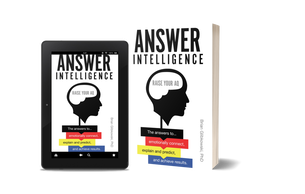
Answer Intelligence (AQ)™ is the ability to provide elevated answers to explain and predict in a complex world, emotionally connect, and achieve results. Are you conversation ready?
Meet HarperHarper's story illustrates the transformative power of AQ in her own career and in the success of her organization.
|
AQ Upskilling PlatformAI is machine thinking. AQ is human thinking (developed based on academic research) in terms of simple questions (why, what, how, when, where, who) and answers (concept, metaphor, theory, story, procedure, action) that elevate human-to-AI and human-to-human communication.
|
Quick Access LinksBuy the Book
Explore AQ (Free Assessment) AQ TEDx Video Professional Services Firms + AQ Brian Glibkowski, PhD - AQ Creator Meet Harper - Overview Video Meet Mark - Software Case Reasons You Need AQ |
Featured |

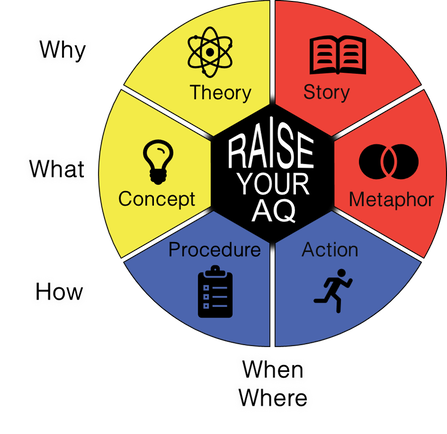




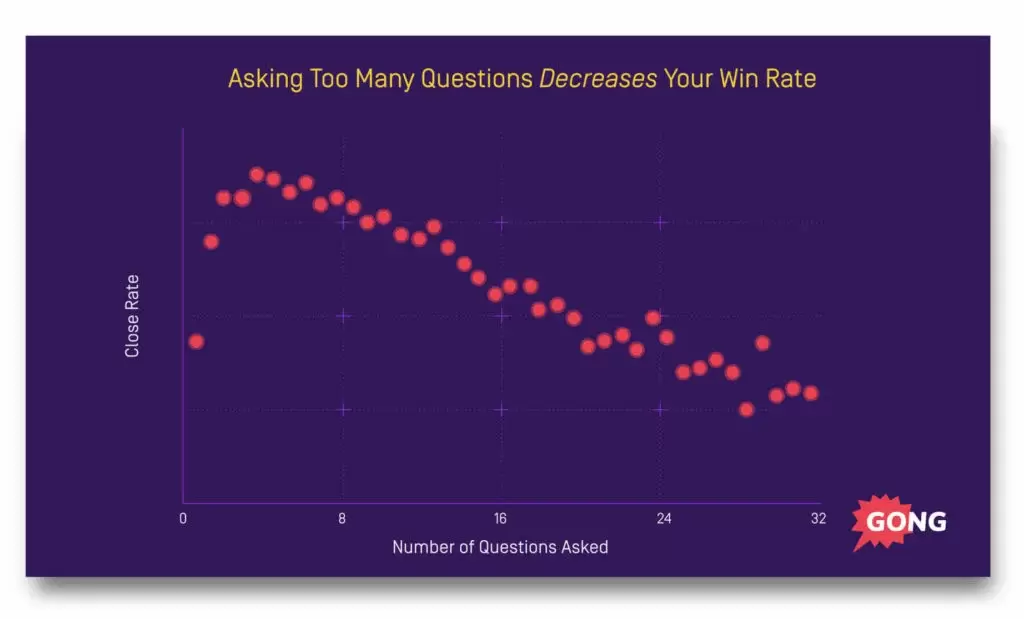
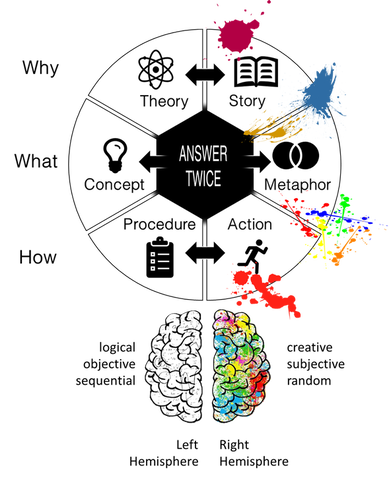
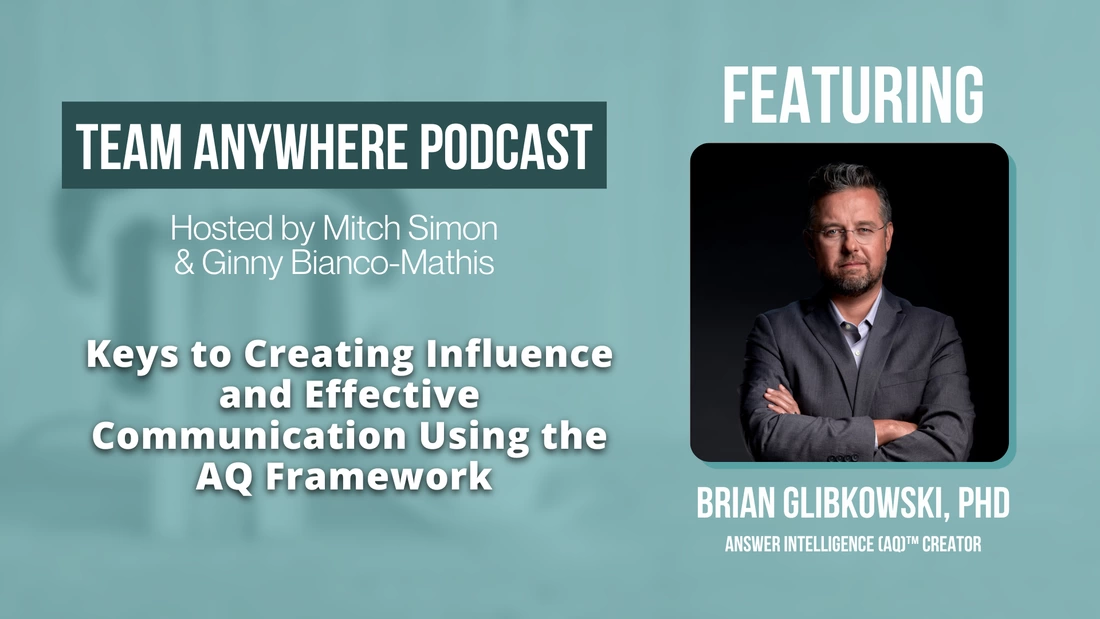
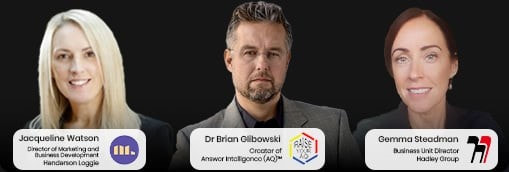
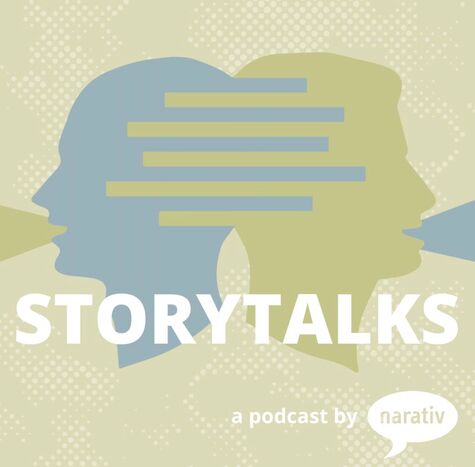
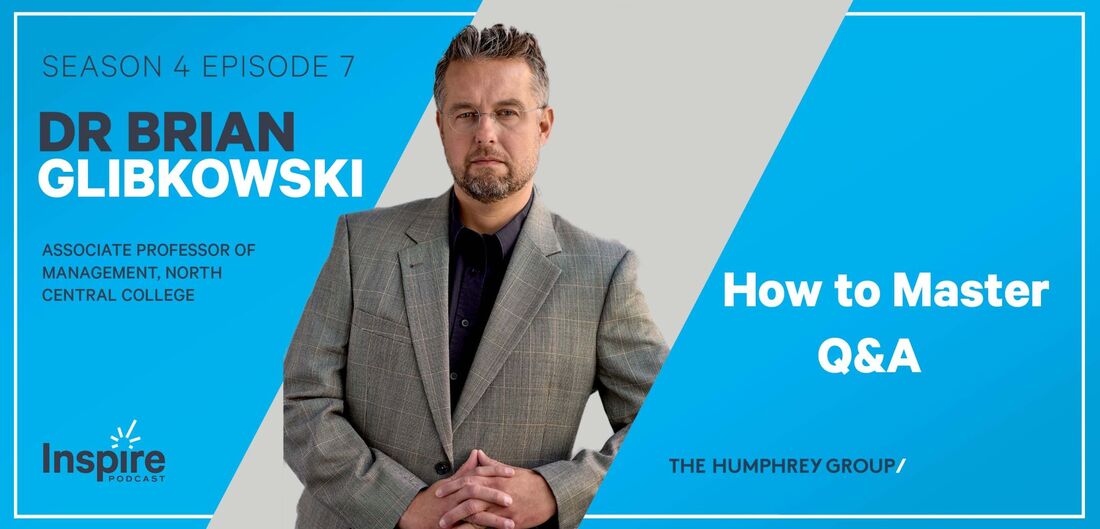
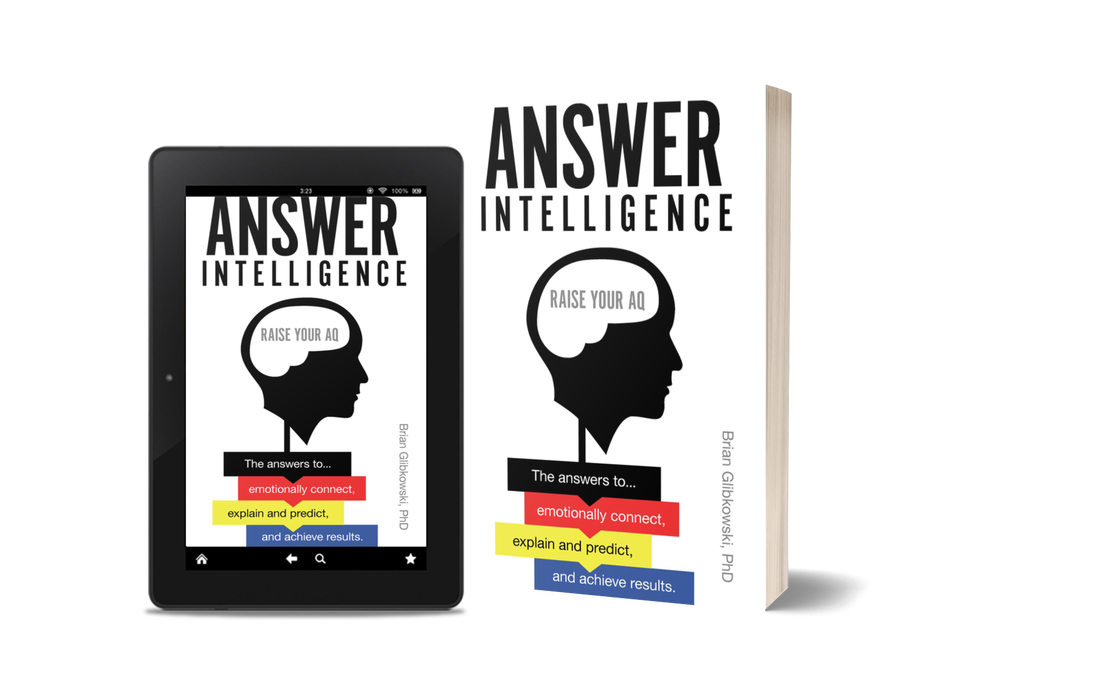
 RSS Feed
RSS Feed